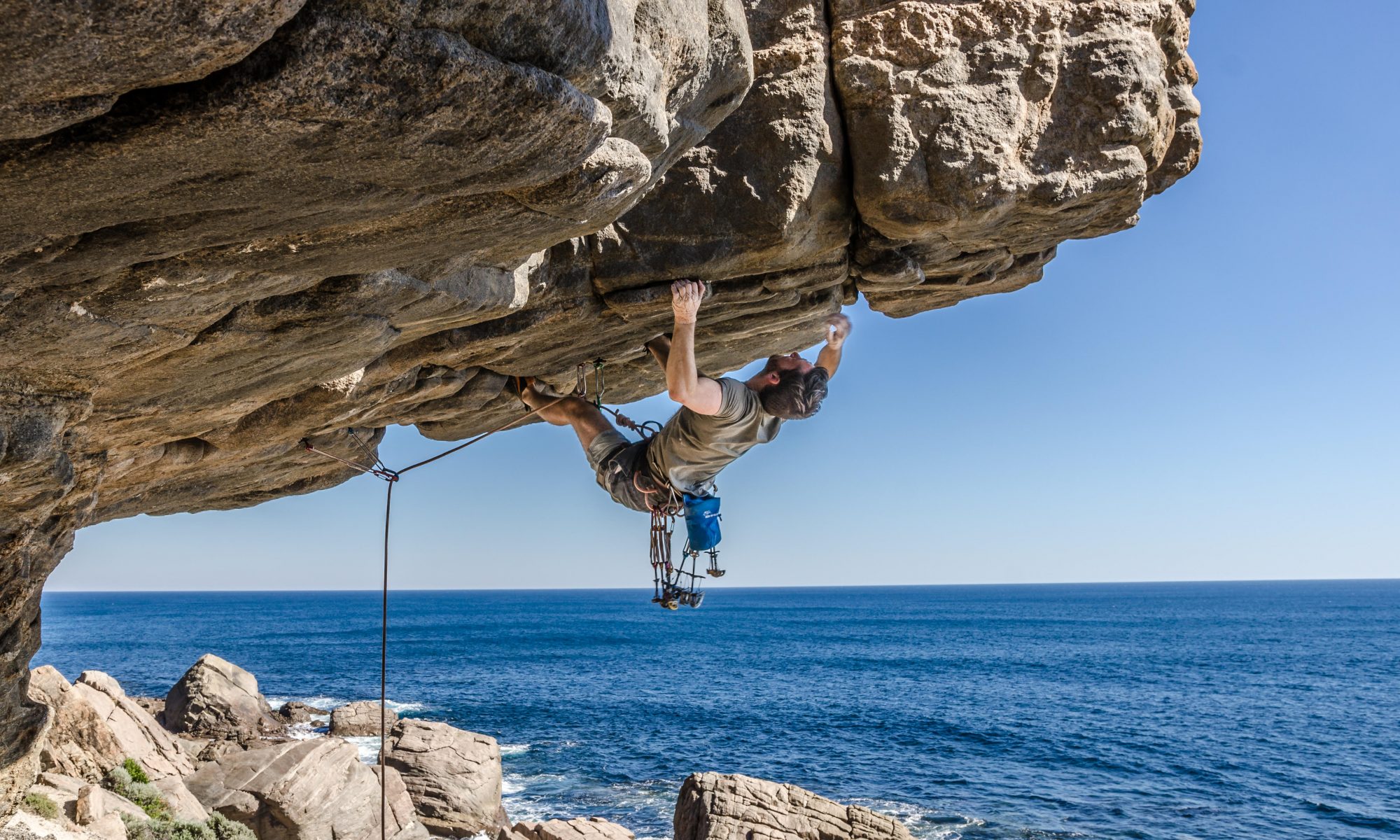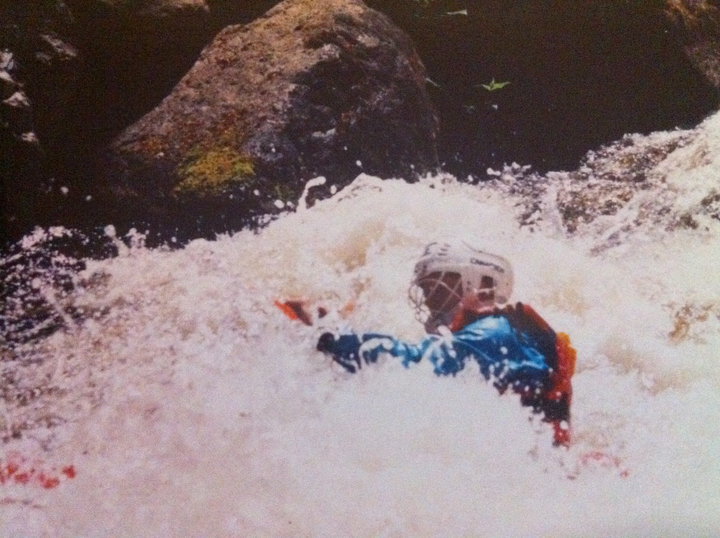In this episode of the River Tiger podcast, I’m thrilled to welcome Dr. Rebecca Williams, a consultant clinical psychologist and climbing coach I have known for a long time. I’ve been eager to get her on the podcast for some time to discuss her insights into fear management and its role in adventure and equestrian sports, which I believe is such an important topic for athletes everywhere.
As Rebecca introduced herself, I was fascinated to hear about her background in clinical psychology—nearly 25 years in the field—and how her passion for climbing intertwined with her work. Rebecca admitted that she started out focusing on the technical aspects of climbing, but it quickly became clear to her that the mental side was where she could make a significant impact. I could relate to her journey, as I’ve seen first-hand how anxiety and self-doubt can hinder performance, mine and those I coach, whether in climbing, paddling, horse riding, or any high-risk sport.
We began by diving into the common misconception that fear and confidence are two sides of the same coin. Rebecca pointed out that many people think if you just eliminate fear, you’ll automatically feel more confident. But she clarified, “Fear is a natural and necessary emotion. We need it for our survival.” This really struck a chord with me. I’ve often seen many people try to push through fear without addressing it, thinking that sheer willpower or meditation and other cognitive exercises, would make it go away. But Rebecca emphasised that recognising and managing fear is crucial, it’s not about ignoring it.
We touched on the idea of fear being information. She said something that resonated deeply: “Fear is telling you something important.”
Then we delved into how women often face disproportionate societal pressures that can diminish their self-confidence in sports. Rebecca shared insights about how the environment we’re in and the people we surround ourselves with can influence our choices. I couldn’t help but think about my own experiences ice climbing with another woman for the first time. It felt liberating to make choices and decisions myself rather than just following along behind someone.
We also discussed the challenges that come with significant life changes, like puberty and menopause. Rebecca framed it beautifully, pointing out that learning and skill development isn’t a linear path. Sometimes you feel like you take two steps forward and three steps back. Her perspective reminded me of how important it is to have patience with ourselves in this journey.
As our conversation evolved, we addressed traumatic experiences in sports—like serious injuries or witnessing accidents. Rebecca made it clear that going through such events requires a thorough re-evaluation of our values and beliefs about risk. This topic hits very close to home for me; after my ex-husband’s paragliding accident, I struggled for years with my ability to step up in front of a crowd to give a keynote or deliver to big groups. It’s a complex emotional journey, and Rebecca emphasised that it’s essential to take small steps back into the activity while being kind to ourselves.
We chatted about falling practice, a common recommendation in climbing. It was interesting to hear Rebecca challenge the idea that simply practicing falling is the solution to overcoming fear of falls. She suggested focusing on how to land safely instead, framing it as landing practice. This suggested how having a physical and psychologically safe environment is critical for athletes and participants. There’s a fine balance between learning the physical skills and addressing the emotional aspects tied to fear.
Before wrapping up, Rebecca highlighted her books, “Climb Smarter” and the “Fear of Falling Workbook,” both filled with valuable insights and practical tools for athletes looking to manage their anxiety and build confidence. I loved hearing about her upcoming events, like workshops on risk management with Mountain Rescue Teams.
Overall, I left our conversation feeling reflective, especially regarding the interplay of fear, confidence, skill development, and emotional intelligence in sports. Acknowledging fear is not a barrier to overcome, but a rich source of information we can learn from. I believe this episode will be beneficial not just for coaches and athletes but for anyone navigating high-pressure situations. I can’t wait to explore these themes further in future episodes!
To listen to the full conversation click here https://www.buzzsprout.com/1975020/15695564
About my guest:
Dr Rebecca Williams BSc D ClinPsy is a Consultant Clinical Psychologist and performance psychology coach, working with climbers for the last 18 years. She’s trained and experienced in psychotherapy, including CBT and ACT, holds a level 7 certificate in coaching and mentoring, and is a qualified climbing instructor (RCI).
Rebecca has delivered thousands of hours of individual coaching, group workshops, coach education and lectures, for climbers and coaches interested in improving their headgame for climbing. She has facilitated workshops for Mountain Training Association, the Diploma in Mountain Medicine, NICAS, the British Mountaineering Council (BMC), and many climbing and mountaineering clubs. In 2018, she delivered the psychology keynote speech at the International Rock Climbing Research Association Congress in Chamonix, and is a founder member of the International Association of Psychologists in Climbing. She is passionate about using making psychology accessible and practical, and translating psychological research into mainstream techniques and coaching practices.
Author: Climb Smarter: Mental Skills and Techniques for Climbing


